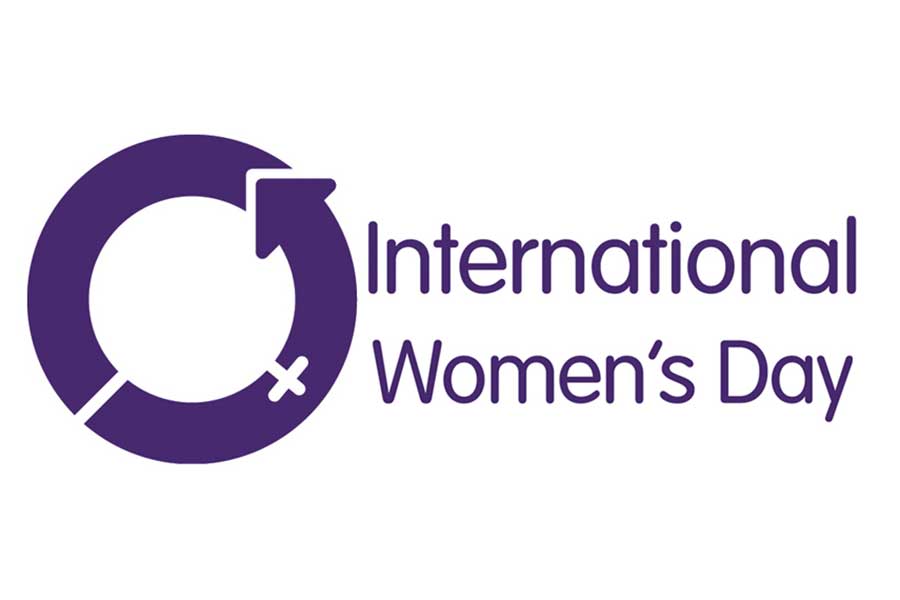March 8 marks International Women’s Day (IWD). It’s a day to recognize the achievement of women and the ongoing struggle for equality around the world.
The history of IWD is rooted in women’s fight for political, social and economic justice over more than a century. In some countries, like the United States and throughout the U.K, and Europe International Women’s Day is a day of protest. But it is also a day to celebrate the accomplishments of women and promote gender equality — IWD is more than just a social media hashtag.
IWD is a national holiday in dozens of countries throughout Europe, Africa, Asia and South America and is honored with rallies, events and celebrations. The United Nations, which organizes IWD internationally and is the day’s primary sponsor globally, says empowering women is a key part of its efforts to address the world’s social, economic and political challenges. The UN has encouraged even more countries around the world to embrace the holiday and its goal of celebrating “acts of courage and determination by ordinary women who have played an extraordinary role in the history of their countries and communities.”
Under the Obama administration, IWD was celebrated widely in the United States and noted with fanfare by the president.
In 2018, President Trump marked IWD by touting achievements for women under his administration, even though he rescinded the Equal Pay Rule established by Obama that required businesses to reveal gender-pay imbalances. That law was considered key to equalizing pay for women, who still make far less than men in the workplace for the same jobs. The United Nations notes, “Women still earn only 77 cents for every dollar men earn for the same work.”
The first National Women’s Day was celebrated on Feb. 28, 1909. According to the U.N., it was designated by the Socialist Party of America to honor women in the garment industry who went on strike in New York to protest working conditions. A year later, Socialist International established an International Women’s Day.
After the grisly Triangle Shirtwaist Factory fire in New York in 1911, in which 146 mostly immigrant women and girls burned to death and 71 others were badly injured, the day came to symbolize the need to organize women for equality in the workplace. In the United States, women workers protest conditions and pay differences every year.
Workplace discrimination has long been a focal point for protests on IWD. Lesbians and trans women face even more workplace discrimination than their heterosexual counterparts and there have been protests about this discrimination on IWD in the America and U.K.
In 2019, the U.N. has designated the message of IWD as “Better the balance, better the world” with #BalanceforBetter on social media. The focus of the U.N. for women in 2019 is reducing violence against women, which is on the rise everywhere, including the United States where women are murdered every day in domestic violence incidents and one in five women is a victim of rape.
At least 200 million women and girls alive today have undergone female genital mutilation.
Women account for just 24 percent of parliamentarians/elected office holders. More than 35 percent of women globally have experienced physical and/or sexual violence.”
VH1 is marking the celebration of all things female with the VH1 Trailblazer Honors, a one-hour special dedicated to some of today’s most respected politicians, entertainers, artists and activists. At the center of the big event will be four honorees: House Speaker Nancy Pelosi; Tarana Burke, #MeToo movement founder; black director Ava DuVernay; and Margaret Atwood, author of “The Handmaid’s Tale.” Cher will be presenting the award to Pelosi.
The special airs 9 p.m. March 8 on VH1 and Logo (and will repeat on both networks). It will also feature performances by Rita Ora and Elle King and appearances by Anita Hill, Mindy Kaling, Alyssa Milano and lesbian actress Samira Wiley.
There will be a day-long celebration of IWD on March 8 at the U.N. with women speakers from around the world and presentations about women’s achievements and global goals for the future.
